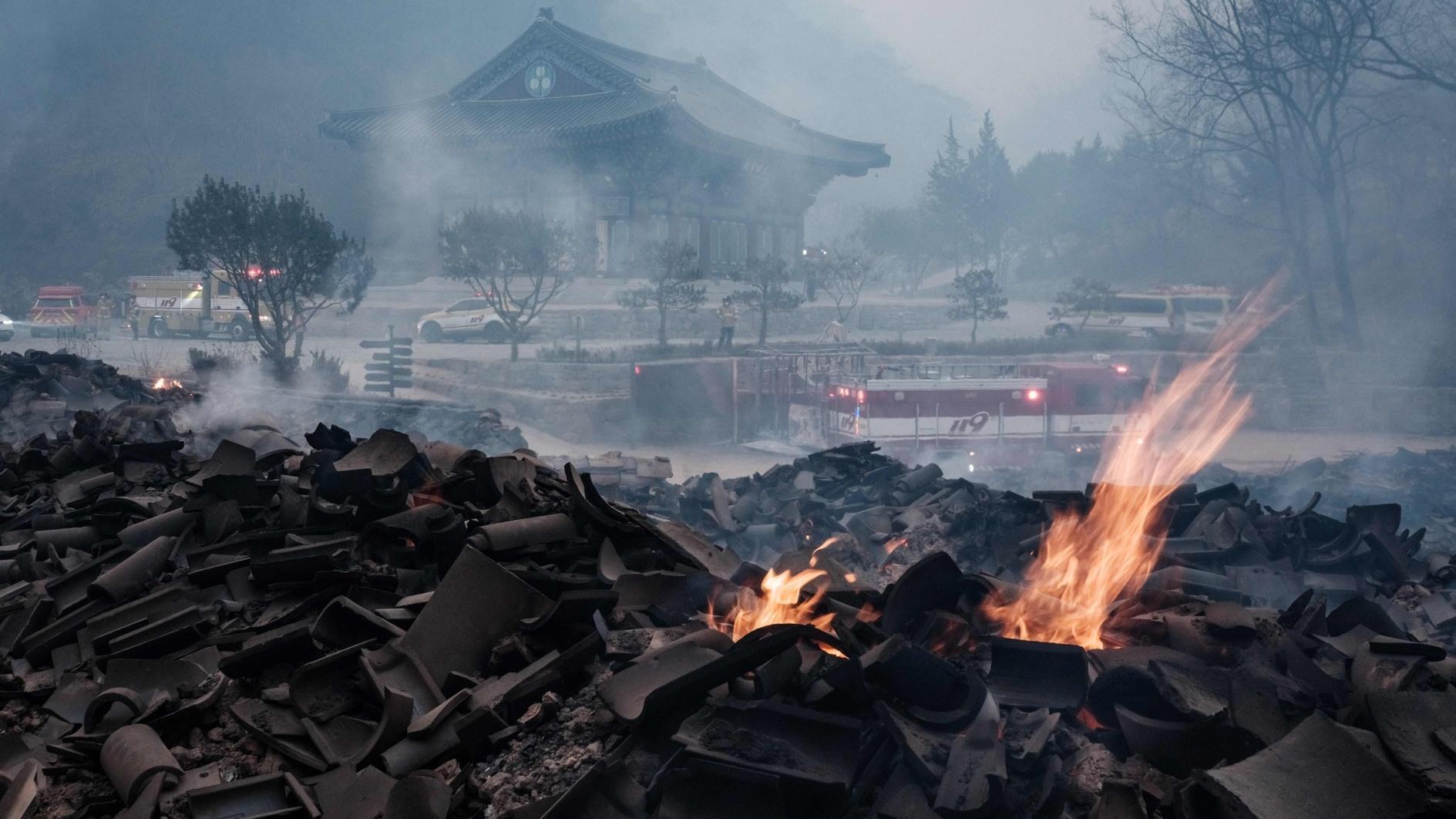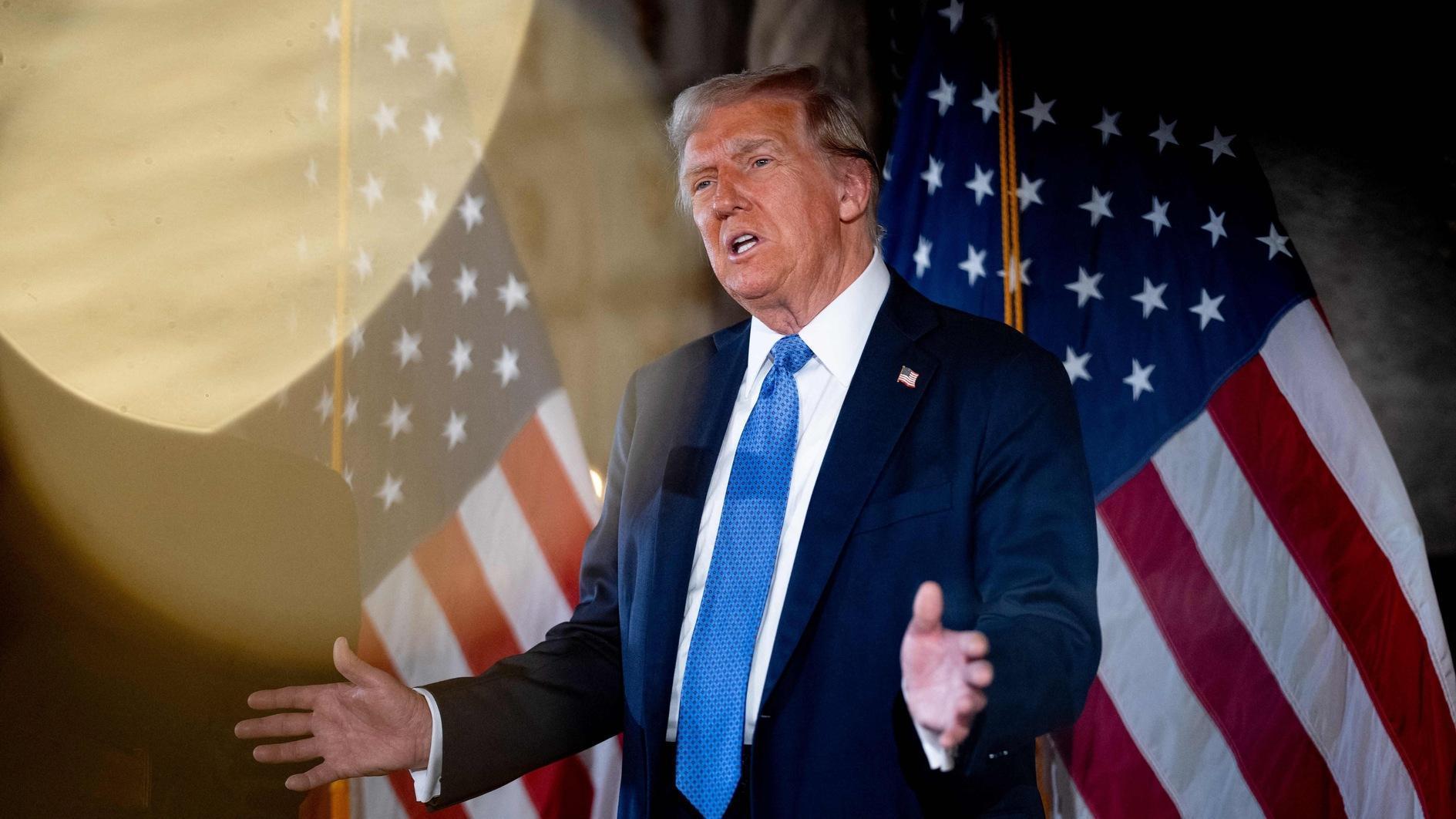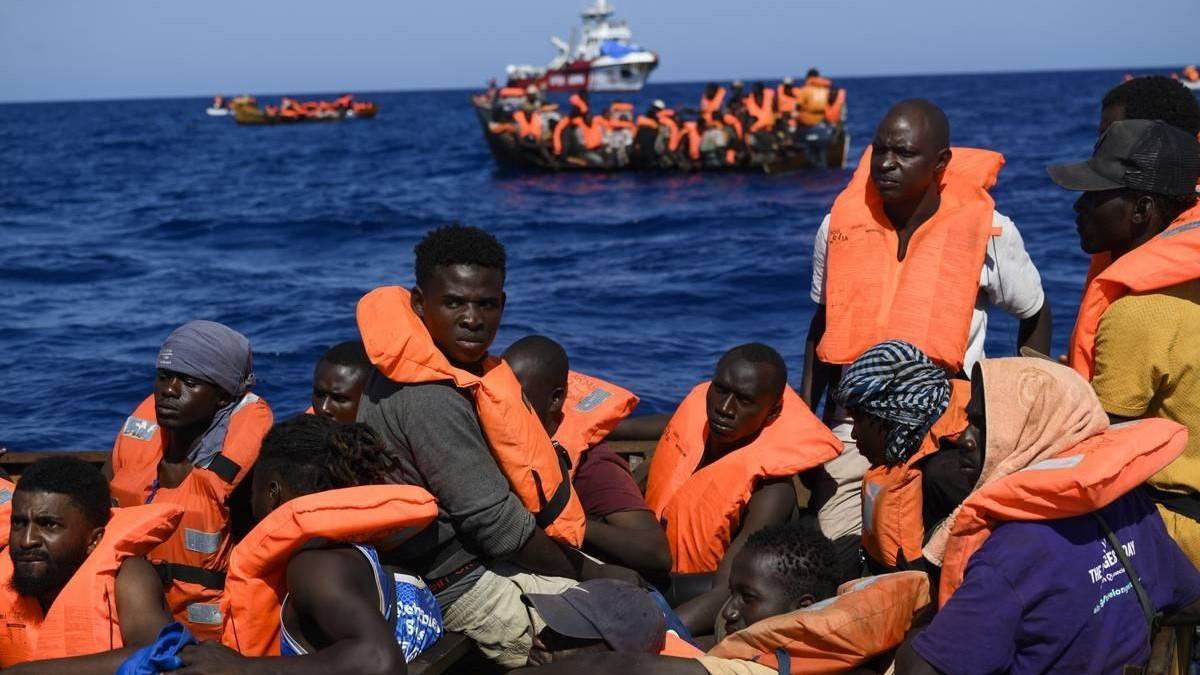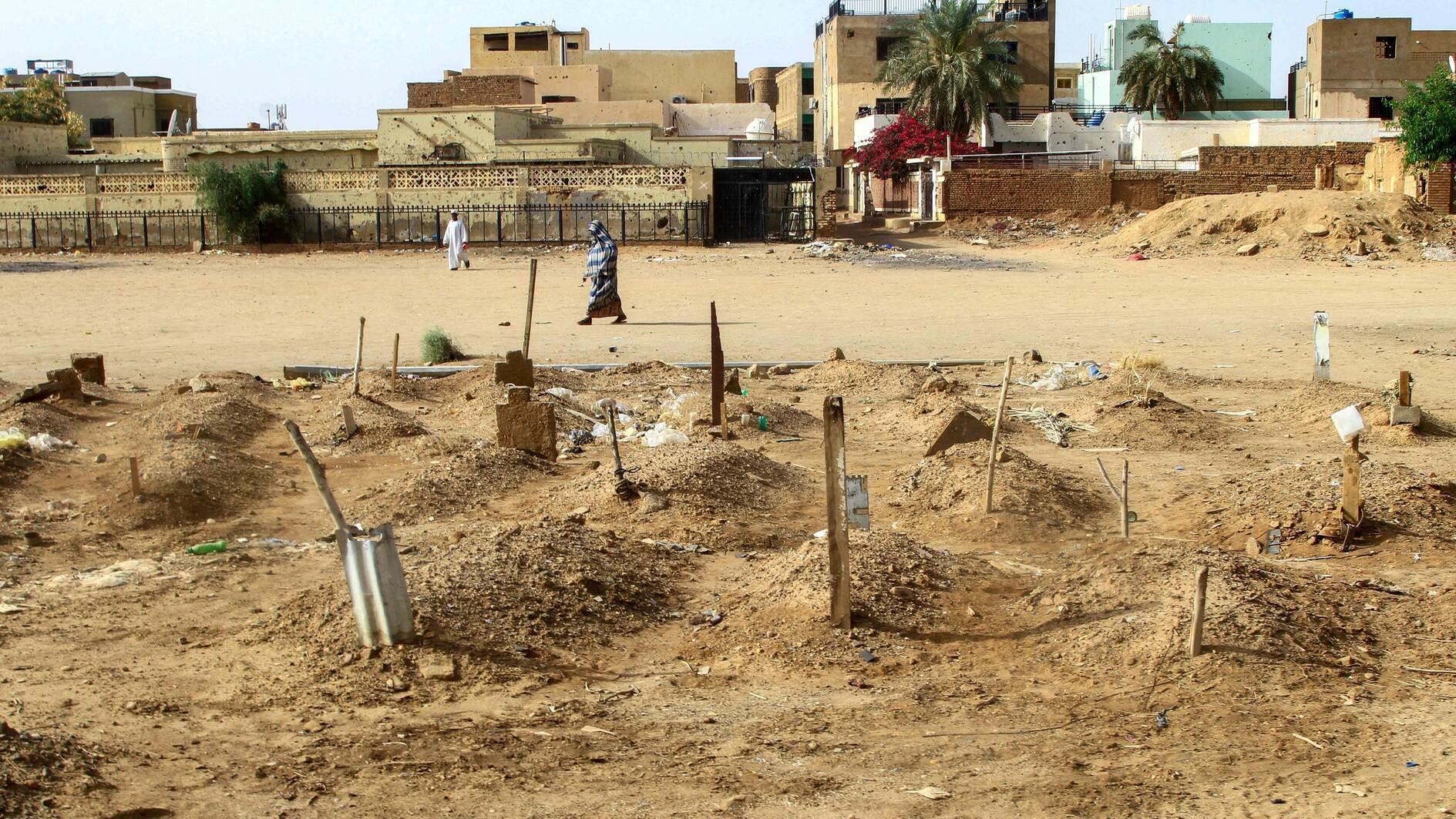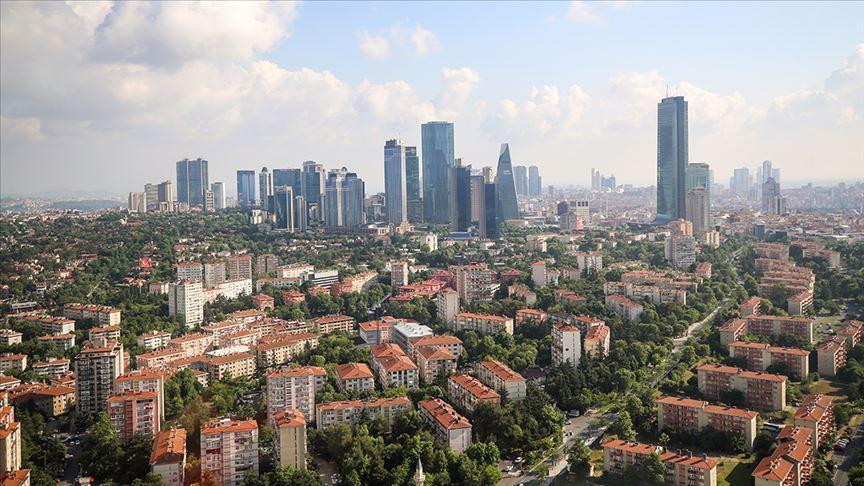Hope is not a scarce resource in Iraq
JOHN FILSON
U.S. President Barack Obama confirmed that he will bring U.S. troops home from Iraq by the end of the year and reiterated that the United States would remain committed to an Iraq that is “stable, secure and self-reliant.”The future of Iraq, however, hinges not on the status of U.S. troops or its deep oil wells but on whether Iraqis can muster a sense of hope in their collective future.
Iraqis waiting for hours in line for gasoline or fanning away flies until the electricity comes back on are understandably skeptical of government promises. They bear the scars of their own government’s dismal history.
Many Iraqis believe life has not improved since 2003, the start of the Iraq War that led to the toppling of Saddam Hussein’s regime. Unemployment, poor infrastructure and simmering social divides are daily tensions that have prevented families from relaxing. There is no safe traffic system, no clean legal system, no inclusive political system and no fair economic system.
Without real evidence that life will get better in Iraq, people have little motivation to risk their personal safety and resources to invest in the good of the larger society. People are used to breathing in pessimism along with the dusty air of the desert.
And yet, many Iraqis are not waiting around for someone else to fix their country. Thousands of civil society organizations (CSOs) have sprouted since 2003. While there are many forces that drive Iraqi CSOs – like international donors, sectarian politics, or simply the opportunity to finally have a job – Iraqi civil society as a whole is fuelled by a growing movement to take ownership over the fate of their society.
One example of an Iraqi CSO working hard to meet people’s needs is REACH (Rehabilitation and Community Health). Local stakeholders invite REACH to help communities plan, organize and implement their own strategies for local improvements, such as irrigation and micro-enterprise projects. Often this requires members of rival sectarian groups to sit down together to figure out how to achieve a shared goal. REACH reports that community-based approaches like this have greatly increased the spirit of volunteerism and civic participation in grassroots communities.
Another example is a group of Iraqi CSO leaders with legal backgrounds who sat down to analyze the new Iraqi constitution in 2007 to see how it would shape the country. Dozens of clauses laid out far-reaching rights and freedoms that looked quite progressive on paper. But few observers seemed to notice sly and understated Article 46, which casually asserted that the government could suspend any other provision of the constitution if it was deemed necessary.
The group designed a strategy to mobilize a response. They solicited funds from the United Nations, recruited and trained a network of CSO partners, and launched an awareness-raising campaign in all of Iraq’s provinces that included radio broadcasts, policy summits and street signs in order to have the article amended and limit the government’s power. After significant and sustained public pressure, the parliament adopted the group’s suggestion for alternative language in the article (which defined the specific conditions that must be met for the provision to take effect), and wrote it into law in 2008.
Hope is the pivotal factor in the constant struggle between despair and healing. While the country continues to lurch under the weight of geopolitics, corruption and violence, the painstaking work of Iraqi civil society organizations such as these offers one reason to feel optimistic.
Observers who wish to see real peace and human security take hold in Iraq will need to be patient. The best thing we can do is understand how Iraq’s many challenges look through the eyes of local people, support the efforts of Iraqi civil society along with responsible and accountable government, and give Iraqis the space and resources they need to build the better future they seek.
* John Filson is program manager at 3P Human Security (www.3Phumansecurity.org). This abridged article originally appeared on the Common Ground News Service.


